Free Personality test
Personality Types
Shapes, Sizes,and What to Wear to Look Great
Explore our in-depth descriptions of each of the 16 personality types to learn more about yourself and your loved ones. Or, if you're not sure which personality type fits you, take our free personality test . The 16 personality types were created by Isabel Myers and Katharine Briggs, developers of the MBTI® assessment. Myers and Briggs created their personality typology to help people discover their own strengths and gain a better understanding of how people are different. When you discover your own personality type, you'll understand more clearly why you do the things you do. You will gain confidence in your strengths and be better able to make decisions that suit your true nature.
ENFP – The Enthusiast
Energetic, creative, and charismatic, ENFPs thrive in environments that allow freedom and innovation. They are natural charmers who bring excitement and imagination wherever they go. Roughly 5% to 7% of the population are ENFPs.

INFP – The Idealist
INFPs are deeply introspective, compassionate, and imaginative. Known as mediators, they are guided by high values and a strong moral compass. They seek meaningful experiences and authentic connections.

INTJ – The Architect
INFJs are rare, empathetic, and insightful individuals. They combine logic and emotion effortlessly and often work quietly behind the scenes to make a significant impact. INFJs seek meaning and authenticity in all aspects of life.
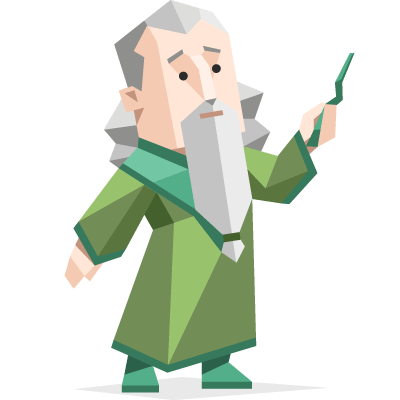
INFJ – The Advocate
INFJs are rare, empathetic, and insightful individuals. They combine logic and emotion effortlessly and often work quietly behind the scenes to make a significant impact. INFJs seek meaning and authenticity in all aspects of life.
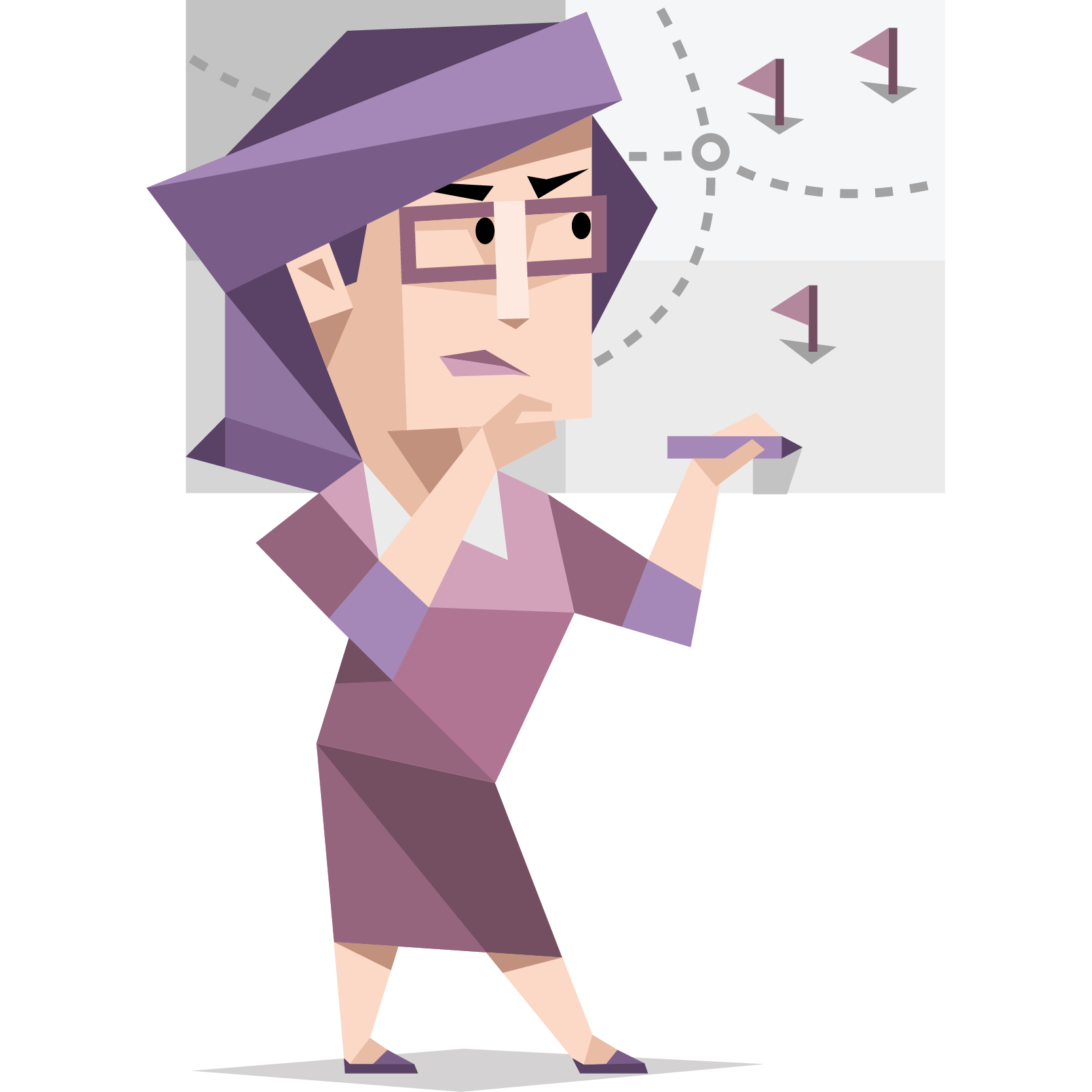
ENFJ – The Mentor
Warm, supportive, and inspiring, ENFJs are natural leaders who find fulfillment in helping others grow. They possess strong people skills, and their charisma often motivates and unites those around them.
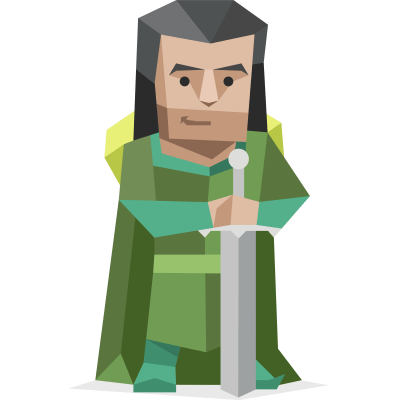
ENTJ – The Commander
Assertive, logical, and strategic, ENTJs are powerful leaders who focus on achieving long-term goals. They value efficiency, make decisions objectively, and are energized by interacting with others and tackling new challenges.
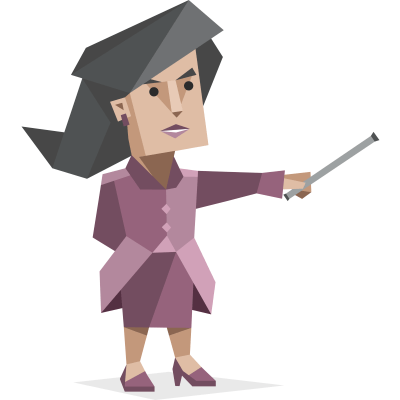
ENTP – The Debater
Inventive and energetic, ENTPs love exploring new ideas, debating possibilities, and challenging conventions. They are future-oriented thinkers who excel at brainstorming but may struggle with completing every project they start.
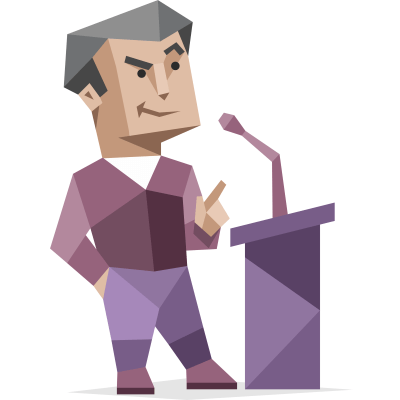
ESTJ
ESTJ is one of the 16 personality types identified by the Myers-Briggs Type Indicator (MBTI). ESTJs are often described as logical, take-charge kind of people.1 They are assertive and are very concerned with making sure that things run smoothly and according to the rules. They are committed to tradition, standards, and laws. They have strong beliefs and possess sensible judgment, and expect that other people uphold these same principles as well.

ISTJ
ISTJ (introversion, sensing, thinking, judgment) is a four-letter code representing one of the 16 personality types found on the Myers-Briggs Type Indicator (MBTI). People with an ISTJ personality type tend to be reserved, practical and quiet. They enjoy order and organization in all areas of their lives including their home, work, family, and projects. ISTJs value loyalty in themselves and others, and place an emphasis on traditions.

ESFJ
ESFJ, also known as "The Caregiver" or "The Consul," is one of the 16 personality types identified by the Myers-Briggs Type Indicator. People with an ESFJ personality type tend to be outgoing, loyal, organized, and tender-hearted. ESFJs gain energy from interacting with other people. They are typically described as outgoing and gregarious. They have a way of encouraging other people to be their best and often have a hard time believing anything bad about the people they are close to.

ISFJ
ISFJ is one of the 16 personality types identified on the Myers-Briggs Type Indicator (MBTI), the personality test developed by Isabel Myers and her mother Katherine Briggs based on the theories of psychoanalyst Carl Jung.1 ISFJ stands for introverted, sensing, feeling, judging. This personality type is given the nickname "The Protector" or "The Defender," and for good reason.2 People who have ISFJ personalities are known for being warm-hearted, responsible, and reserved. The ENTP personality type is the opposite.

ESFP
ESFP (extraverted, sensing, feeling, perceiving) is one of the 16 personality types identified by the Myers-Briggs Type Indicator.1 People with ESFP personality types are often described as spontaneous, resourceful, and outgoing. They love being the center of attention and are often described as entertainers or “class clowns.” ESFP is the opposite of the INTJ personality type.
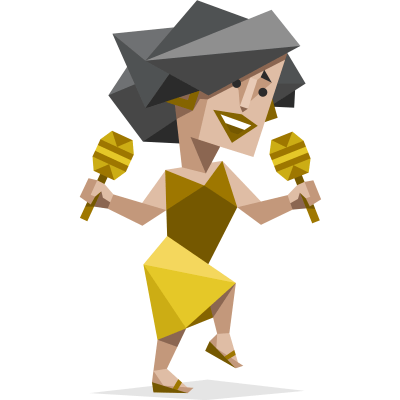
ESTP
ESTP is one of the 16 personality types identified by the Myers-Briggs Type Indicator (MBTI). People with this personality type are frequently described as outgoing, action-oriented, and dramatic. ESTPs are outgoing and enjoy spending time with a wide circle of friends and acquaintances. They are interested in the here-and-now and are more likely to focus on details than taking a broader view of things.1

ISFP
ISFPs like to keep their options open, so they often delay making decisions in order to see if things might change or if new options come up.
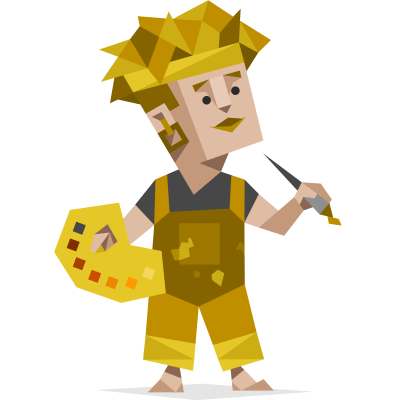
ISTP
ISTP (introverted, sensing, thinking, perceiving) is one of the 16 personality types identified by the Myers-Briggs Type Indicator (MBTI). People with ISTP personalities enjoy having time to think alone and are fiercely independent. ISTPs also love action, new experiences, hands-on activities, and the freedom to work at their own pace.
